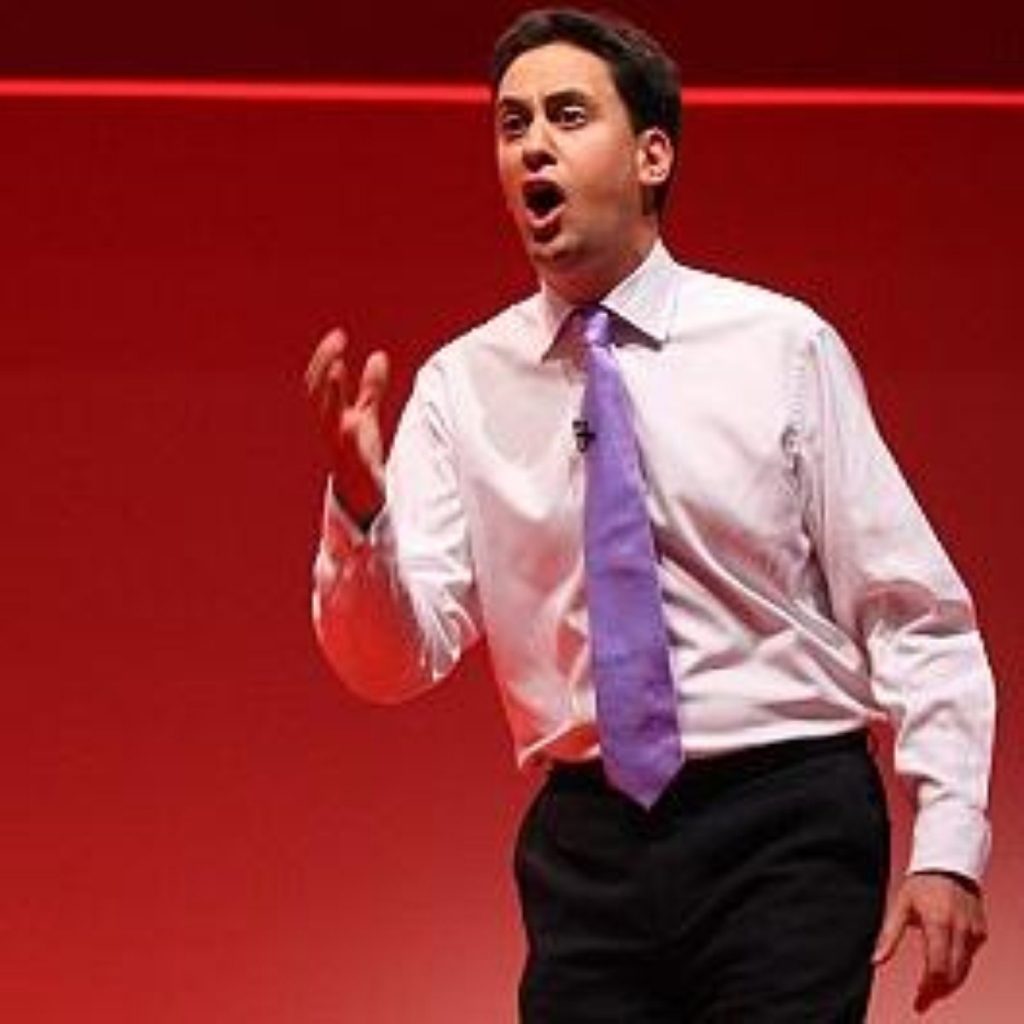Analysis: Life after Copenhagen
Climate change secretary Ed Miliband could be forgiven for giving in to the huge temptation to tell cynical journalists: ‘I told you so.’
The Cabinet minister charged with overseeing Britain’s interests in the Copenhagen meeting of the UN Convention on Climate Change has been through the mill in the last two weeks. It shows.
This morning Miliband’s piece in the Guardian makes clear his views about the negotiating process. The single word “chaotic” sums it up neatly.


Three months before talks had even begun, he said: “This is too complex a deal to be brokered at three o’clock in the morning on the last night.”
The reality proved even more disappointing. It was four o’clock on the last night when the climate change secretary, wandering around his hotel room in his underwear, received a phone call summons to attend urgent emergency talks.
Coming on top of the disappointment of the last two weeks, which saw recriminations piled on recriminations as developed and developing countries locked horns, his disappointment is more understandable.
Yet even this doesn’t provide the correct perspective. The truth is Miliband had been warning that things weren’t looking so rosy for months.
He and his brother, the foreign secretary David Miliband, launched a diplomatic offensive on the issue in September as they warned a deal was far from being achievable.
The following month, and Britain’s chief negotiator was explaining to journalists just how absurdly complicated the nuts and bolts of the talks were. ‘Non-papers’ were among hundreds of pages of documents under consideration in a process utterly bogged down by minutiae.
Miliband’s open pessimism, once viewed as being a rather cynical effort to downplay expectations before the triumphant final deal saves the day, can now be seen for what it was: a genuine plea for help. Don’t say he didn’t warn you.
Both he and Brown, who told a press conference in central London by videolink this lunchtime that he couldn’t hide his “disappointment”, are well-covered in political terms as a result.
It suits both politicians to have been frustrated by Copenhagen. A politician who’s happy to admit failure but blame it on other countries is in a relatively safe position.
That’s why today’s focus has been on balancing recriminations and grievances with the desperate need to keep struggling on.
Usually on these occasions we’re able to make judgments about the extent to which doing so is the result of cynical calculation for political advantage.
Such an assessment can’t be made this time around. The horrible truth is the Copenhagen talks were so utterly flawed, and the need for a legally binding agreement so overwhelming, that what works for the voters at home is what works for the wider world as well.
Copenhagen was neither the beginning nor the end. It appears, to jaded and tired eyes, to be just the latest misstep in a series of blunders.
“I think the first stage of making [a legally binding agreement] happen is for us to be clear we will not allow a few countries to hold us back in our determination to cut emissions in a transparent way,” the perennial fighter Brown barked out.
The breakthrough moment has not yet been reached but the campaign is not over. It rumbles on, like Brown’s prime ministerial career, and just as Miliband had feared.









